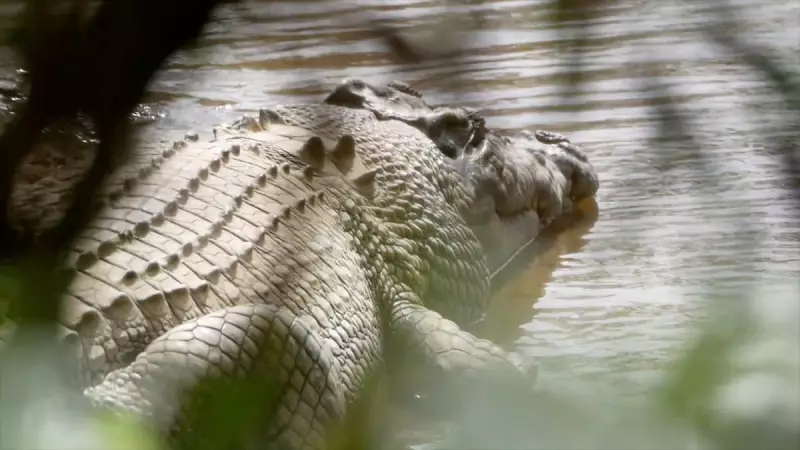
Australia Zoo, the iconic wildlife park founded by the late Steve Irwin, faces mounting criticism from Traditional Owners over controversial plans to relocate a massive crocodile known as 'Old Faithful'. The 4.3-metre saltwater crocodile has become the centre of a cultural storm that pits conservation efforts against Indigenous heritage.
Cultural Significance Ignited
The Kabi Kabi people, whose traditional lands span the Queensland's Sunshine Coast region, have expressed profound distress at the zoo's intention to move the crocodile from its current location. For the Indigenous community, the decision represents another chapter in the long-standing struggle to have their cultural rights and connection to country properly acknowledged.
"This isn't just about moving an animal—it's about disrupting cultural significance that spans generations," explained a Kabi Kabi representative. "These creatures are part of our living heritage, not merely exhibits to be relocated at will."
A Legacy Under Scrutiny
The controversy places additional pressure on the Irwin family's famous wildlife institution, which has built its global reputation on conservation and animal welfare. Critics argue that while the zoo champions wildlife protection, it has repeatedly failed to adequately consult with Traditional Owners about animals taken from their ancestral lands.
Old Faithful's situation echoes previous disputes where the zoo's conservation narrative has clashed with Indigenous cultural protocols. The crocodile's proposed relocation has become symbolic of broader concerns about whether Western conservation models sufficiently respect Aboriginal cultural values.
Broader Implications for Wildlife Management
This confrontation highlights growing tensions between established wildlife institutions and Indigenous communities across Australia. As the nation grapples with reconciliation and truth-telling, such incidents demonstrate how conservation practices must evolve to incorporate traditional knowledge and cultural respect.
The Kabi Kabi people have called for meaningful consultation and a reconsideration of the relocation plans, emphasising that true conservation must include preserving the cultural relationships that Indigenous peoples maintain with native species.
As the debate continues, all eyes remain on Australia Zoo and how it will navigate this complex intersection of wildlife conservation and cultural heritage in modern Australia.





